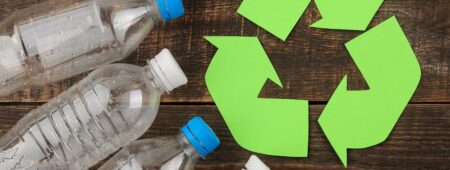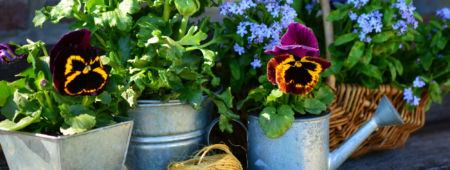What to do with the food after Easter? 4 easy ways
Food waste contributes to increased waste production and environmental pollution. It is worth knowing that each of us can easily change our habits and prevent waste, even during the holidays.
Easter is a special time of the year - full of joy, family warmth and shared moments around the table. Unfortunately, we often prepare more food during this period than we can eat. According to a report published in 2024 by the Federation of Polish Food Banks, as many as 45 per cent of Poles admit to wasting food.
Food waste contributes to increased waste production and environmental pollution. It is worth knowing that each of us can easily change our habits and prevent waste, even during the holidays.

What to do with surplus food after Christmas?
Here are 4 simple ways:
- Share at the eatery
An eatery is a fridge or cupboard open to the public - usually at schools, libraries or cultural centres. Anyone can use it: leave food or take something for themselves. Only products that are fit for consumption should be deposited there. Everything should be tightly packed and clearly labelled. If you are bringing a homemade dish, write down what it is made of and when you prepared it. Do not bring products containing raw meat, eggs or unpasteurised milk.
- Freeze
Freezing is the easiest and quickest way to save food after Christmas. Sausages, cold cuts, soups or even cakes (such as an Easter cupcake - preferably without frosting) are great for freezing. All you need to do is divide them into portions, pack them tightly and label them with the date. It's a clever way to avoid wasting food and, at the same time, save money and time on future meals!
- Use in new dishes
Not everything is suitable for freezing. Avoid freezing boiled eggs or salads with mayonnaise. And remember - once thawed, products cannot be frozen again. Instead, use them as a base for new dishes! Make delicious egg paste from eggs and vegetable cutlets from vegetable salad. Economical, tasty and waste-free!
- Make a composter
Spring is a great time to take care of your garden or balcony! Peelings, eggshells, leftover vegetables - all of these are great for a home composter that will feed your garden or potted plants with natural fertiliser. Few people know that such a composter can even be set up in a flat, e.g. on a balcony. If you prepare it well, it will not emit unpleasant odours. Creating such a composter is a lengthy process, but it is a very rewarding solution.
Not everything has to go in the bin. Remember that even small changes make a difference. By choosing one of these solutions, you are not only reducing food waste, you are also helping the environment!



